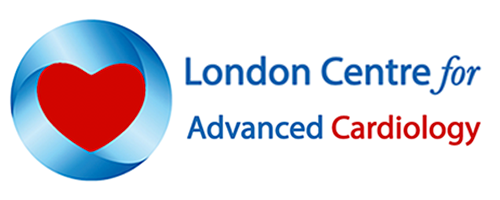 People training for their first ever marathon can expect a drop in their blood pressure and more elastic arteries, according to a new study which we funded, published today.
People training for their first ever marathon can expect a drop in their blood pressure and more elastic arteries, according to a new study which we funded, published today.
People running a marathon
BHF-funded researchers from Barts Health NHS Trust and University College London measured people’s central blood pressure and stiffness of the main artery before and after six months of training for the London Marathon. Over the study, patients arteries became less stiff – equivalent to a 4-year reduction in their ‘arterial age’ and they experienced a drop in their systolic and diastolic blood pressure of 4mmHg and 3mmHg, respectively. Older, slower marathon runners with higher baseline blood pressure reaped the greatest benefits.
Dr Charlotte Manisty from Barts Heart Centre and University College London said:
“Our study shows it is possible to reverse the consequences of ageing on our blood vessels with real-world exercise in just six months. These benefits were observed in overall healthy individuals across a broad age range and their marathon times are suggestive of achievable exercise training in novice participants.”
Our Associate Medical Director, Professor Metin Avkiran also gave his thoughts:
“The benefits of exercise are undeniable. Keeping active reduces your risk of having a heart attack or stroke and cuts your chances of an early death. As the old mantra goes, if exercise were a pill it would be hailed as a wonder drug.
“Setting yourself a goal – such as training for a marathon – is a great way to stay motivated and follow through on your New Year health resolutions. But you don’t need to train for a marathon to reap the benefits. Aim for at least 150 minutes of moderate intensity exercise every week, or 75 minutes of vigorous exercise. More is usually better, but every bit counts. Even a brisk walk on your lunch break will steer you towards better heart and circulatory health.”
Source: British Heart Foundation
